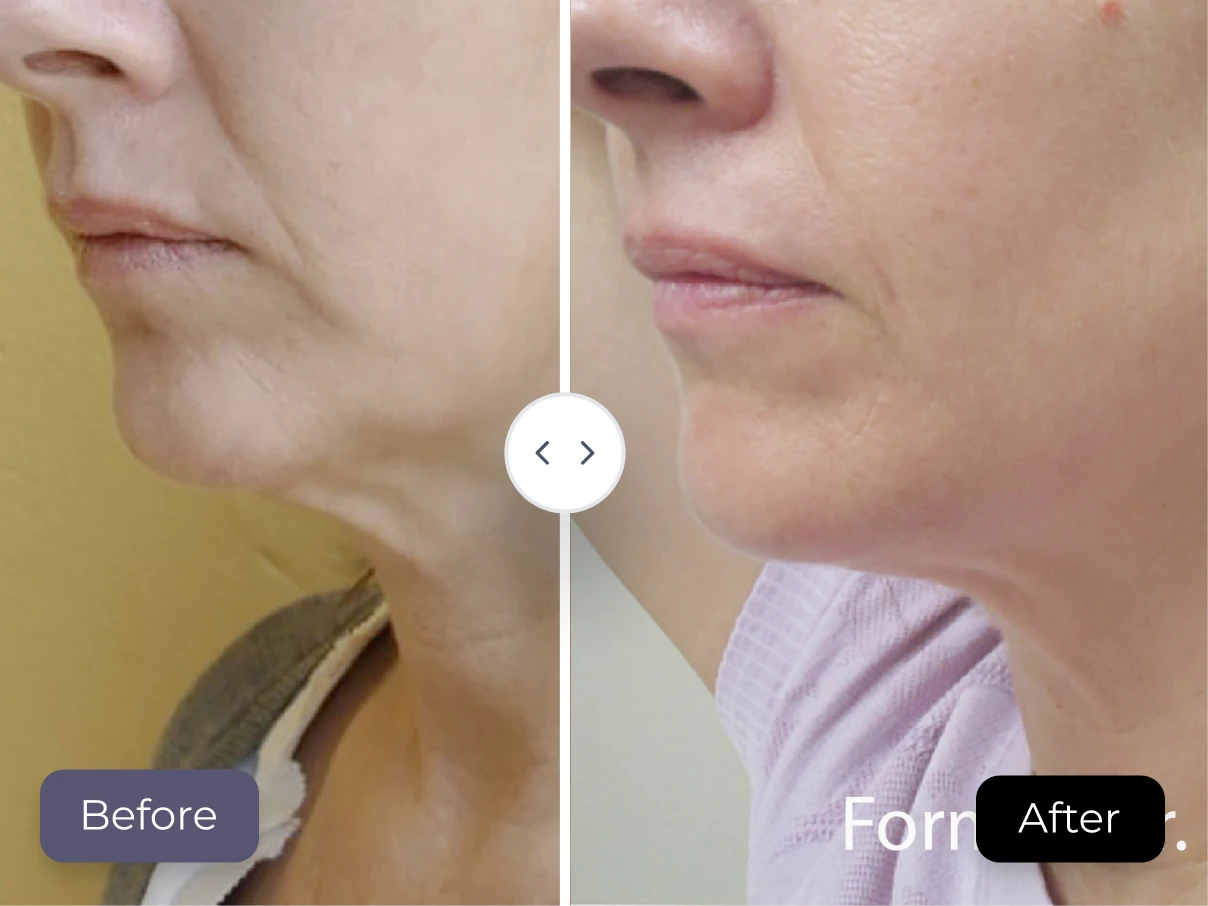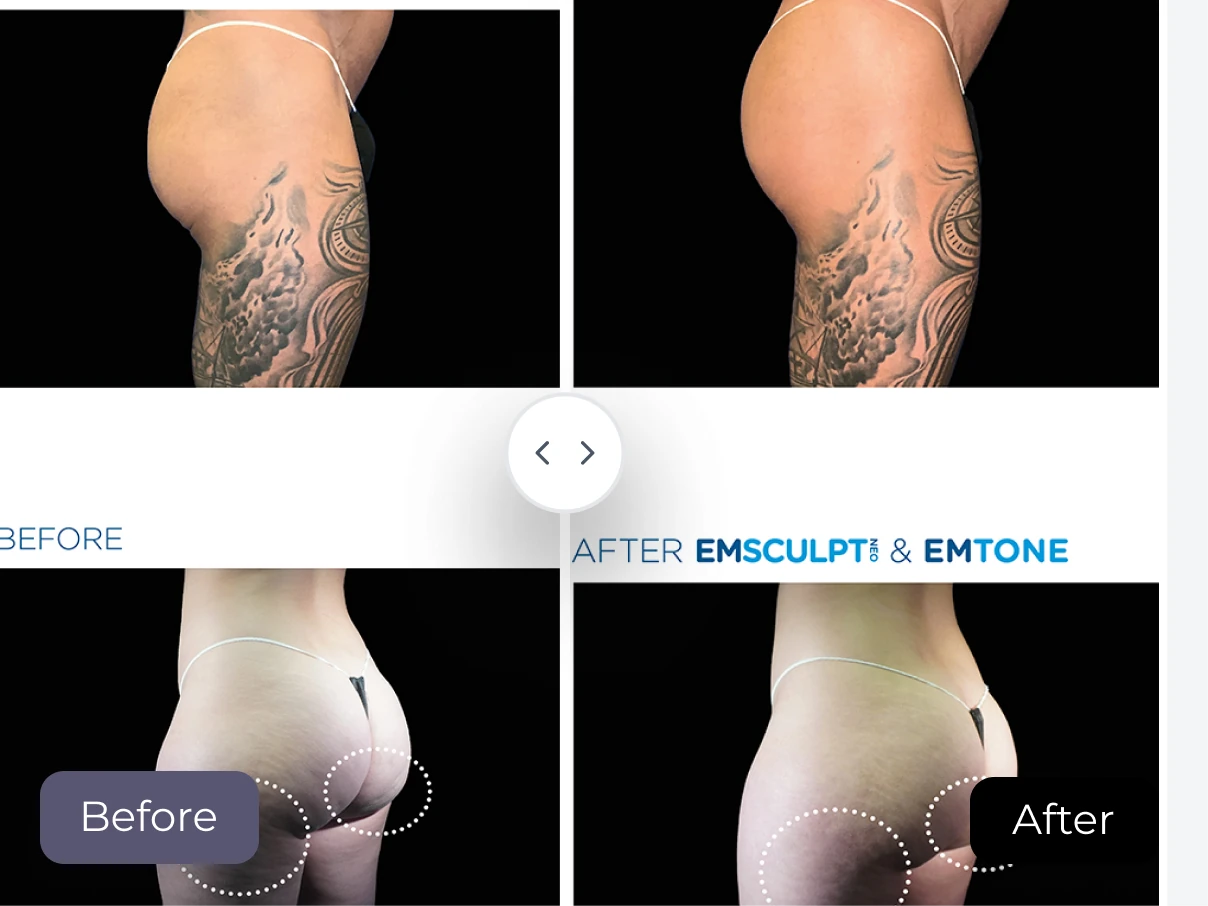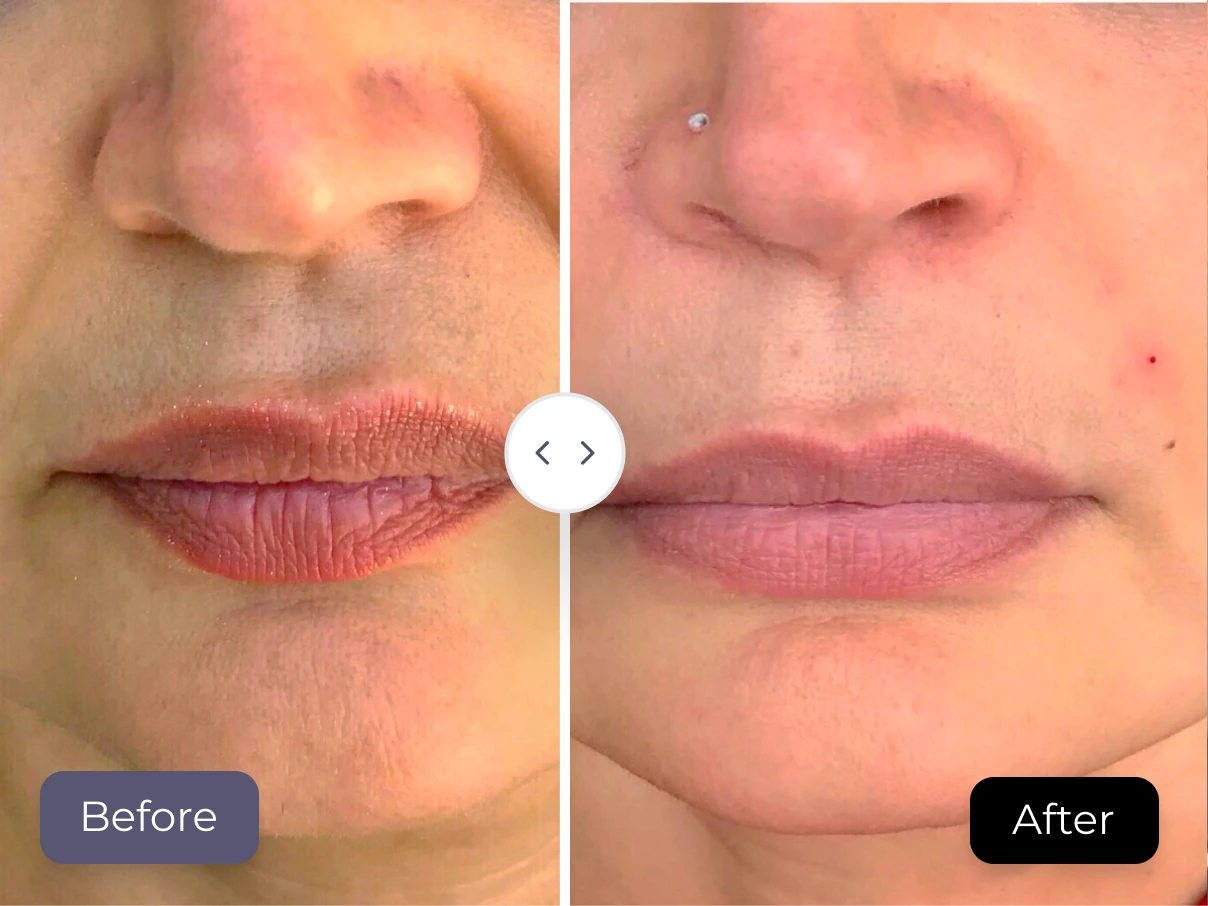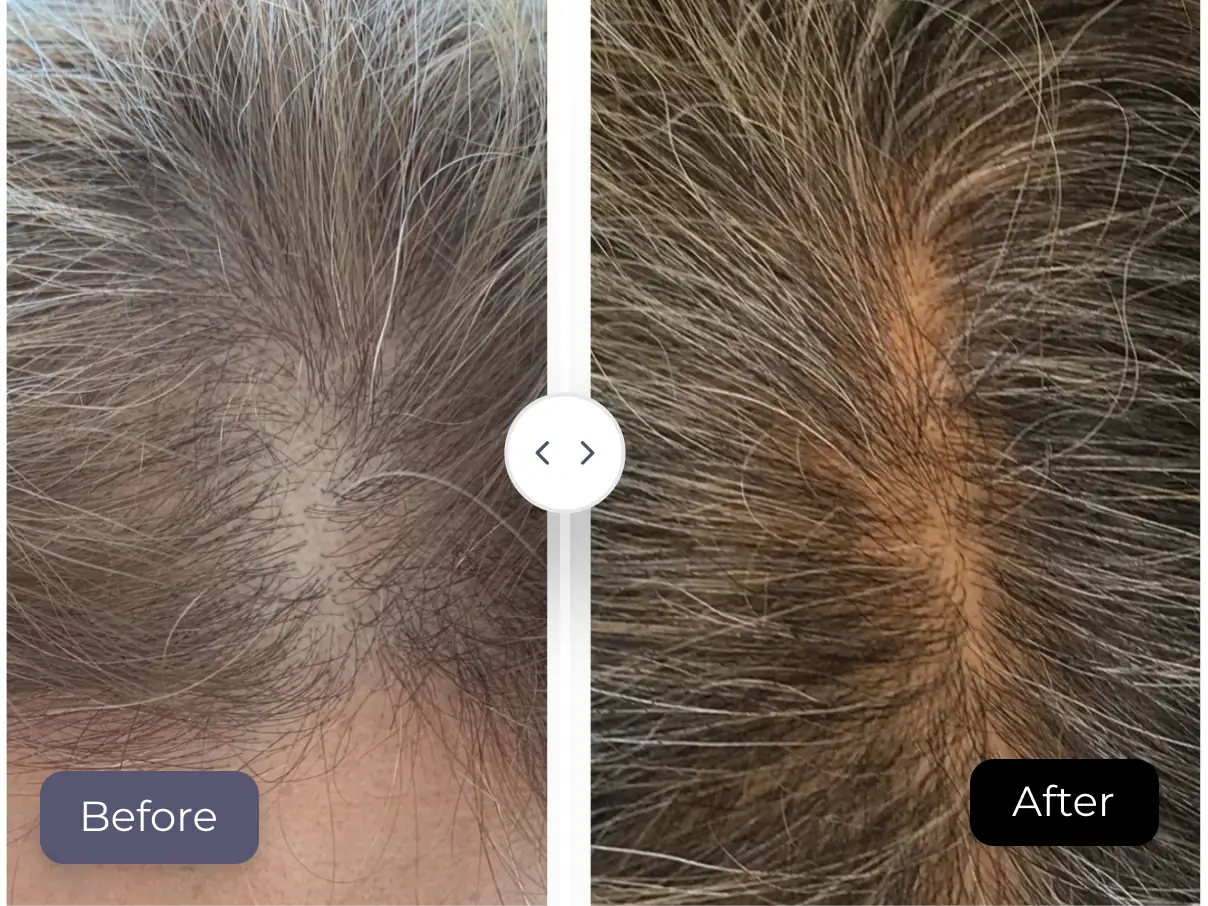Our skin acts as a protective barrier, regulates temperature, offers immunity, mobility, and growth, aids in excretion, and acts as a water-resistant layer. We’ve all experienced stress in our lives. Stress can have a bad impact on your health, including skin issues. This, in turn, increases the amount of stress, creating a vicious cycle. When stress manifests itself on your skin, you may see and feel it right away. The classic example is stress and acne; how many of us can remember the number of times during our adolescence that acne flared up on our face inconveniently following hectic days or sleepless nights? In this article, we will address a series of skin problems caused by stress.
Stress and skin acne
Although stress is not the main cause of acne, it can contribute to it. Stress can cause your skin to flare up, regardless of whether you currently have acne, psoriasis, or eczema. In the case of acne, stress causes the release of Cortisol, which can disturb and throw off the other hormones in your body. This chemical imbalance causes acne breakouts on both your face and the rest of your body. The release of hormones caused by stress causes your sebaceous glands to produce extra oil, known as sebum. The increased oil production can block your pores, allowing germs to grow and increase the likelihood of acne. However, the good news is, there is already an advanced solution for it; Aviclear acne treatment is one of the newest technologies used to smoothen the skin and get rid of acne.
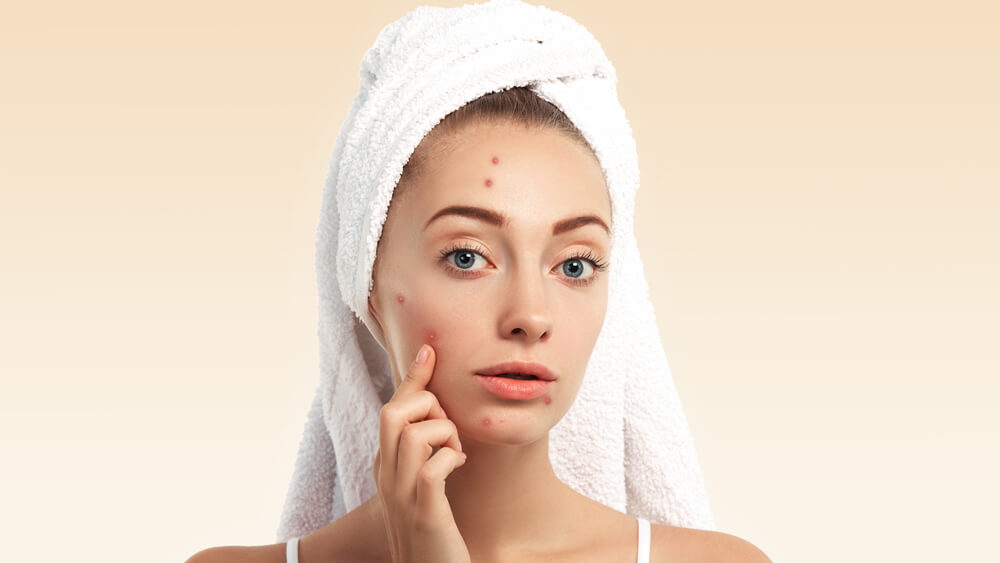
Skin inflammation can be increased by stress
Your mind, body, and gut are all inextricably linked and interact with one another. As a result, when your brain detects stress, it can cause inflammation throughout your body.
One stress response is a slowing of digestion. This can disrupt the balance of good bacteria in your gut, and if the stress continues, it can create inflammation in your digestive system, affecting the rest of your body. Stress can also induce chronic diseases such as atherosclerosis, depression, and non-alcoholic fatty liver disease. These disorders, as well as other chronic diseases, are linked to chronic inflammation. It’s critical to avoid things that will aggravate the inflammation. Drinking water and eating a nutritious diet have been shown to help with symptoms, but it’s better to speak with a specialist about your symptoms so they can advise you exactly how to deal with them.
Stress can dehydrate the body and cause dry skin
The stratum corneum is your skin’s outer layer. It contains protein and lipids, which are essential for keeping your skin cells hydrated. It also serves as a barrier, protecting the skin beneath. When your stratum corneum isn’t functioning properly, your skin can become dry and irritated. Stress inhibits the barrier function of the stratum corneum and may negatively affect skin water retention. Using moisturizers daily is a great way to deal with such stress side effects.
Stress and wrinkles
The proteins in your skin alter and become less elastic as a result of stress. Wrinkles may develop as a result of this elasticity decline. Stress can cause you to furrow your brow repeatedly, which can age you prematurely. There are various treatments to deal with wrinkles whether they are caused by stress or not such as Microdermabrasion, Microneedling, and Laser genesis.
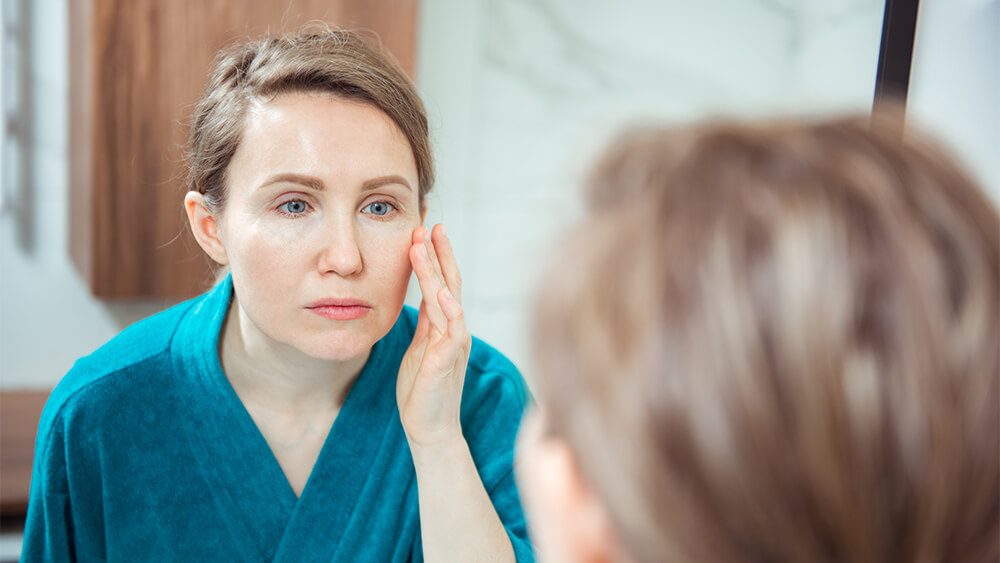
Skin treatments in Vancouver
Stress is problematic in every way, from your physical health to your appearance. Healing skin problems brought on by stress is just as important as finding ways to reduce stress, which can have positive effects on your mental and physical health. If your skin needs healing, we can offer you various treatments in Celebrity Laser and skin center located in Vancouver.


